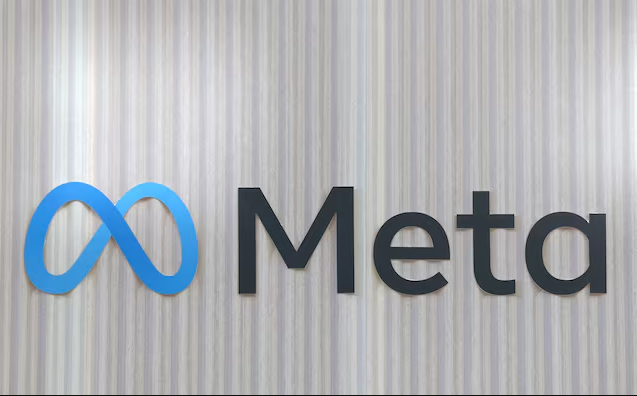
Italy has handed tax demands to Meta (META.O), opens new tab, X and LinkedIn in an unprecedented VAT claim against the U.S. tech giants that could have repercussions across the European Union, four sources with direct knowledge of the matter said on Wednesday.
While it has been reported that Facebook and Instagram parent company Meta and Elon Musk’s social network X were under investigation for alleged tax fraud, it had not been disclosed that Microsoft’s (MSFT.O), opens new tab LinkedIn unit was also caught up in Italy’s pilot VAT case for the tech sector in Europe.
Italy is claiming 887.6 million euros ($961 million) from Meta, 12.5 million euros from X and around 140 million euros from LinkedIn.
These figures refer to the entire period under investigation, from 2015-2016 to 2021-2022, depending on the case, but the tax assessment notice now served only covers the years for which claims are set to expire, namely 2015 and 2016.
The issue is likely to be particularly sensitive given trade tensions between the EU and the administration of U.S. President Donald Trump.
Italian Prime Minister Giorgia Meloni has a good relationship with Musk, who is keen to expand his Starlink communications business in Italy.
PILOT CASE
The case is significant as it hinges on the way social networks provide access to their services.
Italian tax authorities argue that user registrations with X, LinkedIn and Meta platforms should be seen as taxable transactions as they imply the exchange of a membership account in return for a user’s personal data.
In a statement to Reuters, Meta said it would not comment on the details of this case, reiterating that it had cooperated “fully with the authorities on our obligations under EU and local law.”
It added that the company “strongly disagrees with the idea that providing access to online platforms to users should be subject to VAT.”
LinkedIn said it had “nothing to share at this time.”
X did not respond to a request for comment from Reuters.
The case could ultimately be extended to the 27-nation European Union since VAT is a harmonised EU tax, and force a rethink of the business model of the tech industry.
According to several experts consulted by Reuters, the Italian approach could affect almost all companies, from airlines to supermarkets to publishers, who link access to free services on their sites to users’ acceptance of profiling cookies.
WHAT’S NEXT?
Italy has actively pursued tech companies over tax. Google in February agreed to pay 326 million euros to settle a tax claim relating to the period between 2015 and 2019.
But this is the first time in such cases that a settlement agreement has not been reached, and that the Revenue Agency has handed the companies a formal assessment notice, the last step before the start of a fully-fledged judicial tax dispute.
This happened, according to three of the sources, because the case was not simply about agreeing a settlement figure but accepting a broader approach.









